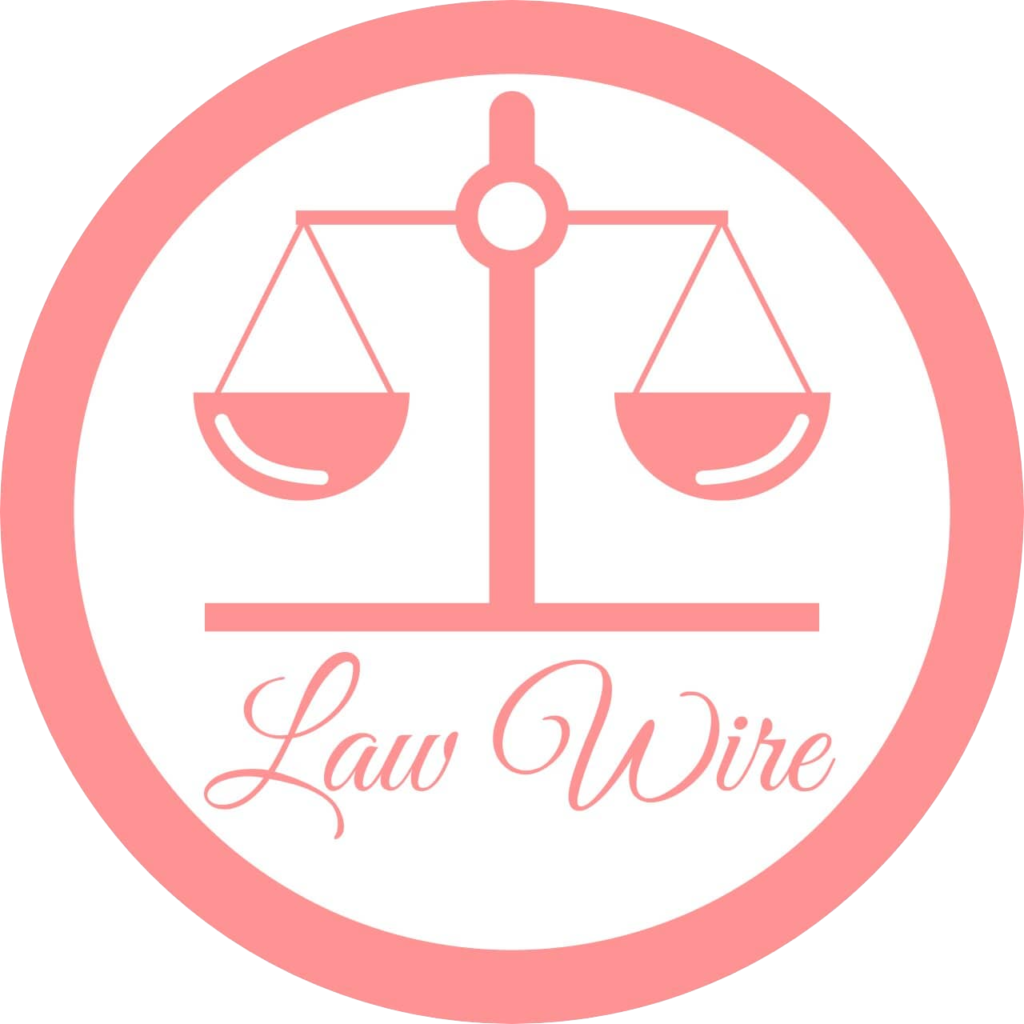Section 45: Opinions of experts.—
When the Court has to form an opinion upon a point of foreign law, or of science, or art, or as to identity of handwriting or finger impressions, the opinions upon that point of persons specially skilled in such foreign law, science or art, or in questions as to identity of handwriting or finger impressions are relevant facts.
Such persons are called experts.
Section 45-A: Opinion of Examiner of Electronic Evidence—
When in a proceeding, the court has to form an opinion on any matter relating to any information transmitted or stored in any computer resource or any other electronic or digital form, the opinion of the Examiner of Electronic Evidence referred to in Section 79-A of the Information Technology Act, 2000 (21 of 2000), is a relevant fact.
Explanation.—For the purposes of this section, an Examiner of Electronic Evidence shall be an expert.
Section 46: Facts bearing upon opinions of experts—
Facts, not otherwise relevant, are relevant if they support or are inconsistent with the opinions of experts, when such opinions are relevant.
Section 47: Opinion as to handwriting, when relevant—
When the Court has to form an opinion as to the person by whom any document was written or signed, the opinion of any person acquainted with the handwriting of the person by whom it is supposed to be written or signed that it was or was not written or signed by that person, is a relevant fact.
Explanation—A person is said to be acquainted with the handwriting of another person when he has seen that person write, or when he has received documents purporting to be written by that person in answer to documents written by himself or under his authority and addressed to that person, or when, in the ordinary course of business, documents purporting to be written by that person have been habitually submitted to him.
Section 47-A: Opinion as to electronic signature when relevant—
When the Court has to form an opinion as to the electronic signature of any person, the opinion of the Certifying Authority which has issued the Electronic Signature Certificate is a relevant fact.
Section 48: Opinion as to existence of right or custom, when relevant—
When the Court has to form an opinion as to the existence of any general custom or right, the opinions, as to the existence of such custom or right, of persons who would be likely to know of its existence if it existed, are relevant.
Explanation—The expression “general custom or right” includes customs or rights common to any considerable class of persons.
Section 49: Opinions as to usages, tenets, etc., when relevant—
When the Court has to form an opinion as to—
the usages and tenets of any body of men or family, the constitution and government of any religious or charitable foundation, or the meaning of words or terms used in particular districts or by particular classes of people, the opinions of persons having special means of knowledge thereon, are relevant facts.
Section 50: Opinion on relationship, when relevant—
When the Court has to form an opinion as to the relationship of one person to another, the opinion, expressed by conduct, as to the existence of such relationship, of any person who, as a member of the family or otherwise, has special means of knowledge on the subject, is a relevant fact:
Provided that such opinion shall not be sufficient to prove a marriage in proceedings under the Indian Divorce Act (4 of 1869), or in prosecutions under Sections 494, 495, 497 or 498 of the Indian Penal Code (45 of 1860).
Section 51: Grounds of opinion, when relevant—
Whenever the opinion of any living person is relevant, the grounds on which such opinion is based are also relevant.
IMPORTANT CASE LAWS
1. Opinion of third person when relevant :
Ram Dass v. Secretary of State, AIR 1930 All 587 : “The section permits only the opinion of an expert to be cited in evidence.this requires determination of the question as to who is an expert. The only guidance in the section is that he should be a person “specially skilled” on the matter. Thus the only definition of an expert available in the Act is that he is a person specially skilled in the subject on which he testifies. But the section does not refer to any particular attainment, standard of study or experience, which would qualify a person to give evidence as an expert. Generally, a witness is considered as an expert if he is skilled in any particular art, trade or profession, and possessed of peculiar knowledge concerning the same. He must have made a special study of the subject or acquired a special experience therein. “
2. Expert Opinion :
Ram Narain v. State of Uttar Pradesh, AIR 1973 SC 2200 : “…….It is observed that the expert evidence as to hand-writing is opinion evidence and it can rarely, it ever, take the place of substantive evidence and therefore before acting on it the courts usually look for corroboration either by direct or circumstantial evidence.…….”
